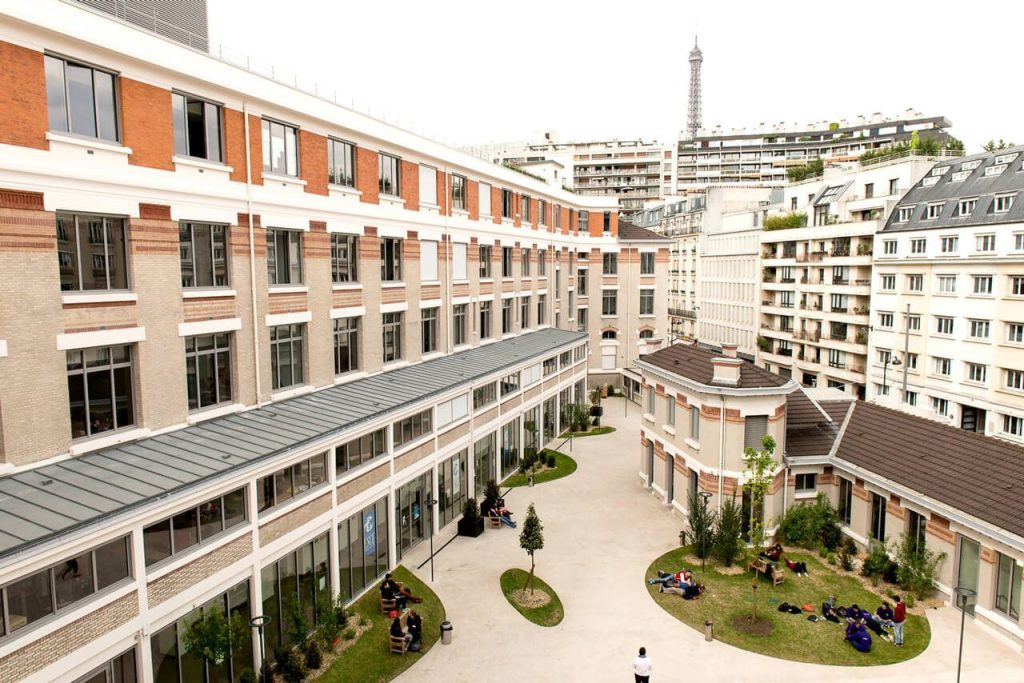Presidency University in Bengaluru, India, and ECE are proud to announce a strategic academic partnership. The objective: to build ambitious international study paths and train engineers ready to tackle global challenges in technology, sustainability, and innovation.

Two Institutions Committed to Academic Excellence
In a context of increasing internationalization in higher education, this partnership between ECE (Paris) and Presidency University (Bengaluru) is grounded in a shared vision: to educate a new generation of global engineers capable of navigating between cultures, disciplines, and technological challenges.
This collaboration draws on the complementary strengths of both institutions. ECE, with its strong ties to the French innovation ecosystem, offers programs closely aligned with industry needs. Presidency University, located in India’s Silicon Valley, stands out for its dynamic technological environment and its focus on applied research.
Pedagogical Innovation at the Core of the Agreement
This strategic partnership includes:
- Academic exchange programs for students and faculty members;
- The development of dual degree programs, especially in digital engineering, artificial intelligence, and cybersecurity;
- Joint research projects, international hackathons, and collaborative events;
- The creation of hybrid learning modules, combining the expertise of both institutions.

A Shared Ambition: Training Global Engineers
This agreement reflects ECE’s commitment to strengthening its international presence and offering students new academic, professional, and cultural opportunities.
“By joining forces with Presidency University, we are creating unique opportunities for our students and reaffirming our commitment to building an engineering school that is open to the world and focused on the major technological and societal transitions,” said François Stephan, Director of ECE.
A First Step Toward a Long-Term Collaboration
This partnership marks the beginning of a structured and evolving collaboration. The first student exchanges and joint initiatives are expected to begin in 2025, with the aim of building a lasting academic and research relationship that benefits students, faculty, and innovation ecosystems in both countries.


